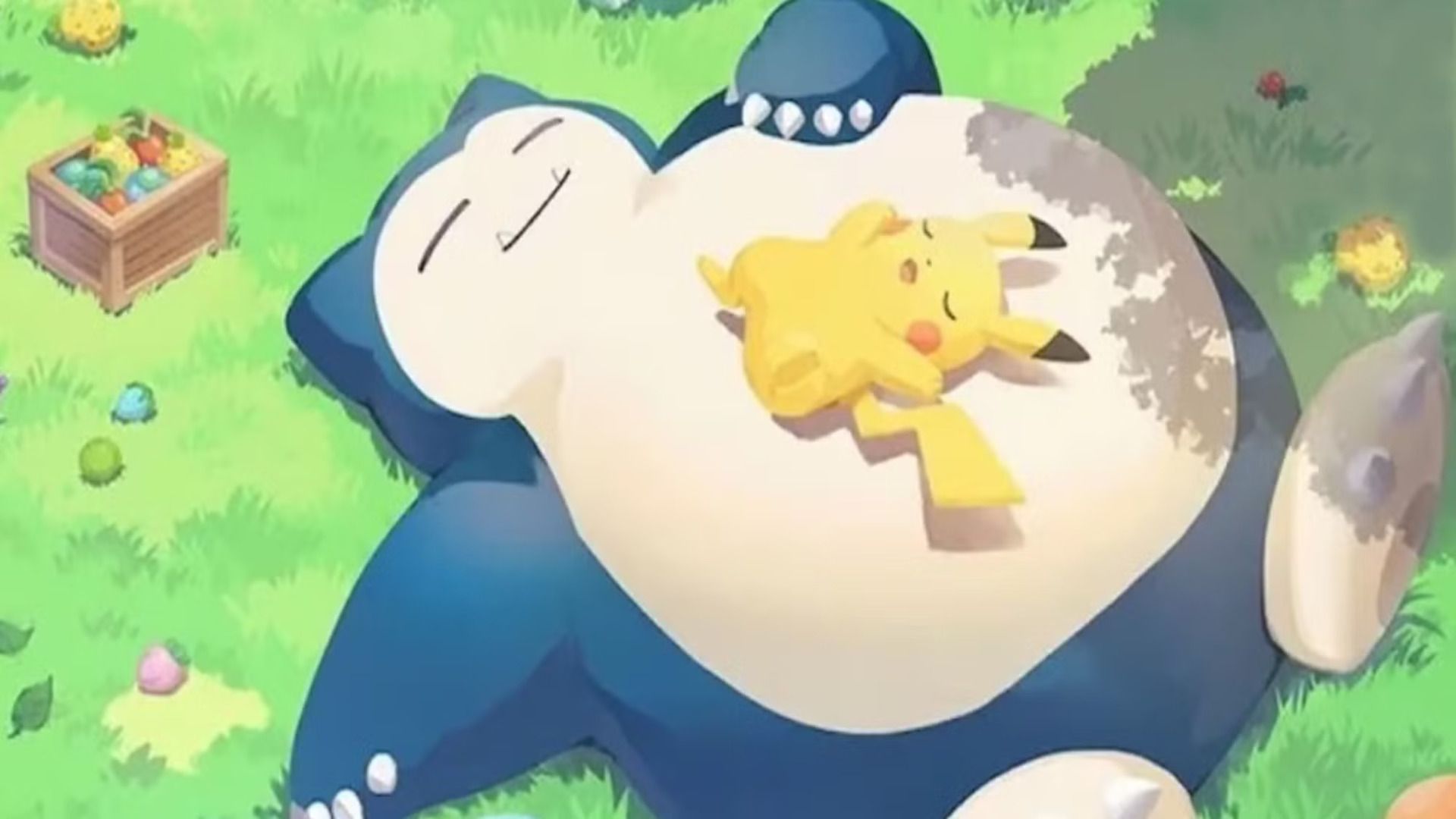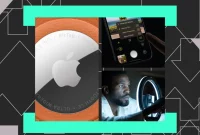Introduction
Screen time has emerged as a pervasive issue for many individuals, myself included. Despite my awareness of its detrimental effects, I found myself reluctant to confront the problem—until the launch of Pokémon Sleep. Initially, I anticipated a basic sleep tracking experience with a Pokémon twist. To my surprise, the app offered not only a means to monitor my sleep but also innovative routines that unknowingly assisted in curtailing my screen time, steering me towards a healthier lifestyle.
The Struggle with Screen Time
Like countless others, I fell victim to the cycle of endless scrolling. Whether browsing YouTube, TikTok, Instagram, or Reddit, I noticed that my screen time was gradually consuming my days. A quick check of my phone often spiraled into hours of mindless content consumption. My nightly routine revolved around scrolling through feeds, which strained my eyes and impacted my sleep quality. Research indicates that blue light emitted from screens can hinder melatonin production, the hormone responsible for signaling sleep, and can diminish both slow-wave and REM sleep, both essential for cognitive health.
I do not wish to lecture on the hazards of excessive screen time, but I certainly felt its repercussions. Even when I managed to go to bed at a reasonable hour, the hours spent doomscrolling often led to restless nights and groggy mornings. These platforms are intentionally designed to maximize user engagement, resulting in unhealthy habits that affect people across all demographics.
Embracing Bedtime Gamification
The launch of Pokémon Sleep’s bedtime system marked a turning point in my habits. The app prompts users to establish a bedtime, rewarding those who adhere to it within a specific window—90 minutes before to 30 minutes after the designated time. For example, if I set my bedtime for 11 PM, I would need to initiate my sleep session by 11:30 PM to earn points. This feature transformed my bedtime routine, as it provided a strong incentive to set down my phone if I wished to accrue in-game rewards.
With the requirement to keep the app open during my sleep session, I found it easier to pause my activities. The app became a signal for me to disconnect from my screens positively. Instead of mindlessly scrolling, I used this time to reflect on my upcoming day or read books, consciously avoiding the habit of consuming content that I would likely forget by morning.
Creative Workarounds for Minimal Screen Time
Pokémon Sleep operates on a gradual, rewarding progression. Users unlock new Pokémon after sleep sessions, but discovering fresh content can take time. I found joy in witnessing new Pokémon visit my campsite following a sleep session. Interestingly, Pokémon Sleep allows for two sleep entries each day: a primary nighttime session and an optional midday nap.
Caught in a creative dilemma, I devised a clever workaround. On days where I could put my phone aside, I would initiate a "nap" session, leaving my phone on the bed while I attended to other tasks. By the time I concluded the session—without actually resting—I would receive rewards for new Pokémon gathered during my "nap."
While I understand this could be viewed as bending the rules, it nonetheless had an unexpected result: it reduced my screen time. The necessity of keeping the app active during sleep sessions made it impractical to access my phone casually. As I increasingly employed this method, I realized I could use it strategically. Whenever I needed to concentrate, I would start a sleep session, allowing me to redirect my focus away from my phone while still gaining Pokémon.
A Transformative Morning Routine
My previous habit of waking up and diving headfirst into notifications and social media started to change as Pokémon Sleep assisted me in cultivating a more intentional morning routine. Any reader acquainted with "Atomic Habits" by James Clear will recognize that replacing a negative habit with a positive one can be quite effective. Since Pokémon Sleep governs my screen time during sleep, my first interaction with my phone each morning centers around checking my sleep report.
After I conclude the session, I gain insight into which new Pokémon visited my campsite overnight and collect resources harvested by my virtual team. Feeding Snorlax breakfast and completing morning tasks appear more structured, diminishing the immediate inclination to open social media apps.
This new ritual not only facilitates a healthy transition into my day but has also fostered an eagerness that encourages me to rise earlier. Each morning, I look forward to discovering which Pokémon may have cropped up during the night, eliminating the tendency to snooze my alarm as I previously did.
Conclusion
While Pokémon Sleep is fundamentally a sleep tracking app, it has remarkably succeeded in instigating a decrease in my overall screen time. Its clever design—perhaps unintentionally—has contributed to minimizing my phone use during mornings, throughout the day, and before sleep. This unique Pokémon-themed application has provided me with a valuable mechanism to detach from my phone, reclaiming countless hours that I once allocated to mindless scrolling.




